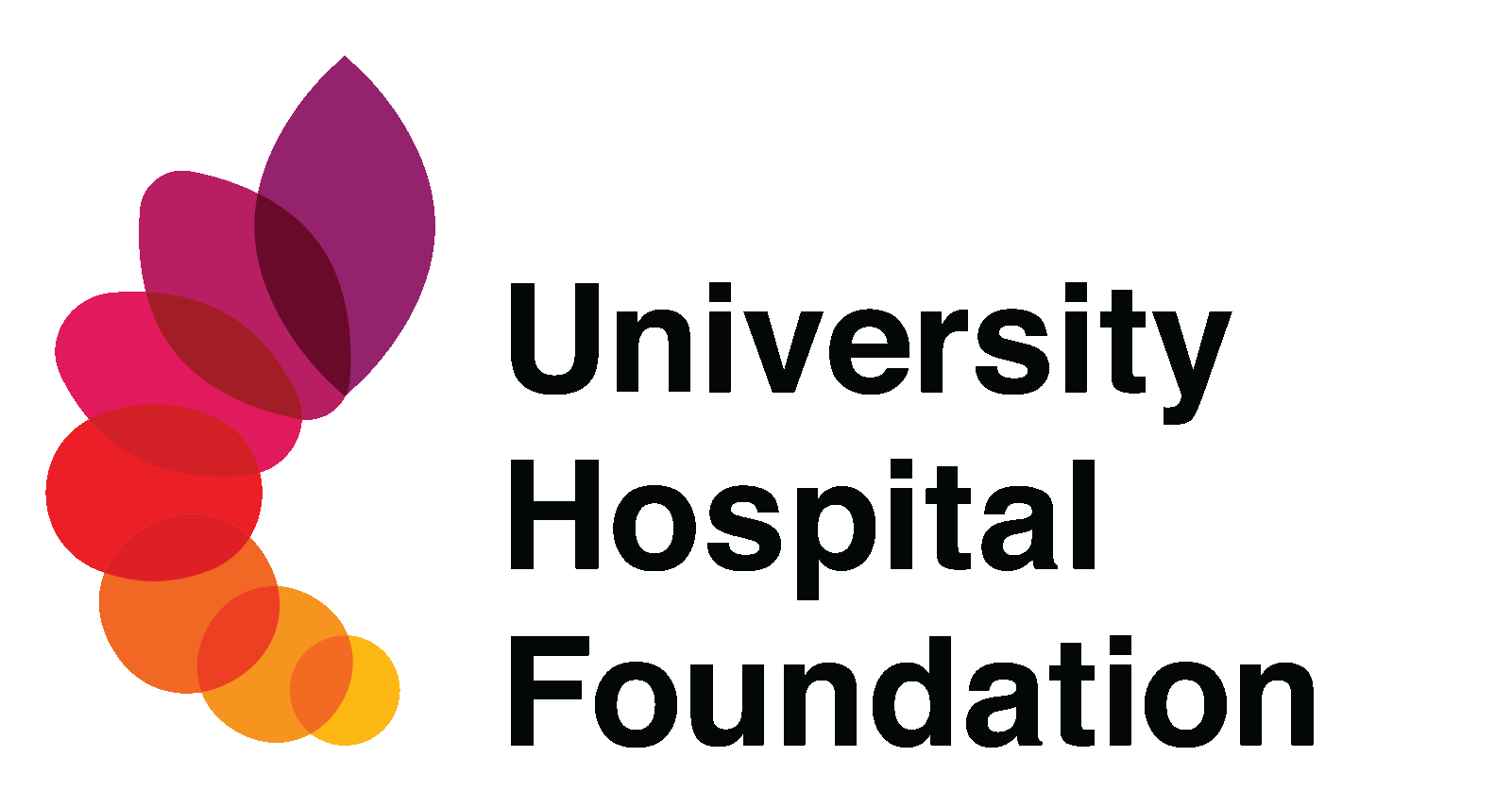Challenge Accepted
Community partners stepping up to raise funds for the University Hospital Foundation’s Stroke Ambulance Campaign
Edmonton, AB – June 1, 2021 – This stroke awareness month, the University Hospital Foundation (UHF) is teaming up with First Truck Centre to raise funds in support of Canada’s first Stroke Ambulance, to continue to save lives of patients in Alberta. First Truck has already kicked off the campaign with a $25,000 donation, and is challenging their community members to help raise $500,000.
The University of Alberta Hospital is the go-to centre for stroke care in northern Alberta, the Northwest Territories, eastern BC and Saskatchewan, and now its Stroke Ambulance is revolutionizing the delivery of stroke care. Currently in phase 4 of its pilot project, the Stroke Ambulance is equipped with a CT scanner to diagnose and treat patients faster, right in the ambulance. It responds to stroke 911 calls within the greater Edmonton area, including nearby rural communities. But the Stroke Ambulance Project needs additional funding to continue the pilot project and collect the data it needs to validate its impact on stroke patient care.
“The University Hospital Foundation is committed to continuously seek, inspire and lead bold, innovative solutions in health and delivery of care with our partners,” said Dr. Jodi L. Abbott, President & CEO, University Hospital Foundation. “Community support from First Truck Centre and many others made the Stroke Ambulance a reality, and ongoing support is needed to keep this project going.”
First Truck Centre first became involved in the project by designing and providing the chassis, and coordinating the completion of the Stroke Ambulance, at no cost. After hearing the impact the ambulance could have on stroke patients around Alberta, they knew they had to get involved. Now they are continuing their generosity by bringing their community together to raise much needed funds to continue the Stroke Ambulance Project. They hope their donation of $25,000 will inspire others to get involved.
“We have a challenge, and a world-class health platform that needs our help,” said David Leeworthy, President and CEO, First Truck Centre. “This is a tough time for a lot of people and businesses, but tough times have never prevented Albertans from stepping up in the past. I know that together we can do something really amazing.”
About 6,500 Albertans have a stroke every year – or roughly 18 every day. When a blood clot is preventing blood from getting to the brain, 2 million neurons die every minute. Permanent paralysis, speech and cognitive disabilities, and even death can occur without treatment.
The clot-busting drug tPA is a treatment that can dissolve the clot and restore blood flow within minutes, but the stroke needs to be properly diagnosed first, and the only way to do that is with images taken of the patient’s brain by a CT scanner. In addition, if more than 4.5 hours passes between stroke onset and treatment, tPA cannot be administered.
“The rapid delivery of patients, from other centres, to the University of Alberta Hospital can make the difference between death or disability, and functional independence for select patients,” said Dr. Tom Jeerakathil, Stroke Neurologist, University of Alberta Hospital.
The Stroke Ambulance helps ensure that more patients can receive tPA – 57% of patients treated compared to the 13% benchmark treatment rates in Canada – and receive it faster by an average of 50 minutes. 31% of the Stroke Ambulance’s patients from rural areas would have presented too late for tPA if not for the Stroke Ambulance. To date, there has been an 80% good outcome rate for Stroke Ambulance patients (compared to 52% with usual care), and a 33% reduction in length of hospital stay.
Lukas Jardine, 28, of Sherwood Park is one of the patients whose life was saved by the Stroke Ambulance. One morning, his wife Celine was making breakfast when he stumbled into the kitchen. The left side of his face was sagging, and his eye was drooping. As an acupuncturist and former lifeguard, Celine recognized the signs of a stroke immediately – and she was horrified. She asked Lukas to hold his hand in the air but he couldn’t do it. He tried to speak but his words were just sounds that made no sense. Celine knew she had to get help.

Within minutes of its arrival, Lukas was wheeled into the Stroke Ambulance for a CT scan. Seconds later, the images were sent to an on-call neurologist at the University of Alberta Hospital, who consulted with the on-board stroke physician. The two doctors determined that Lukas should receive tPA. Hours later, Lukas was resting in a bed at the University of Alberta Hospital, asking one of the nurses when he could go home. And four months later, Lukas returned to work, fully recovered.
“We are so thankful for the Stroke Ambulance,” said Celine. “I knew that if Lukas didn’t get help soon, our lives would be changed forever. When they showed up, it was a huge relief.”
More than $3.1 million of community support through the UHF, funded the initial three-year pilot project, including the purchase and customization of an ambulance with built in CT scanner technology and state-of-the-art telehealth equipment for communicating back with neurologists at the University of Alberta Hospital, and the operational costs for the first three phases of the program.
The University Hospital Foundation is committed to raising $1.45 million for phase four of the pilot program, in order to keep the Stroke Ambulance on the road.
Share this article
Facebook
Twitter
LinkedIn
